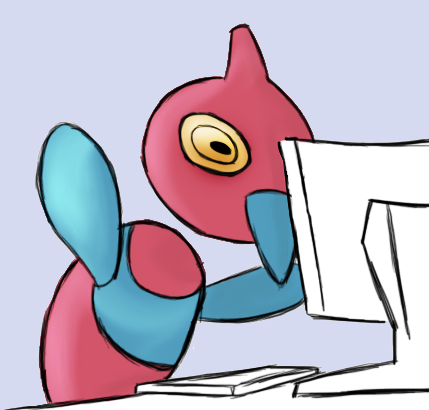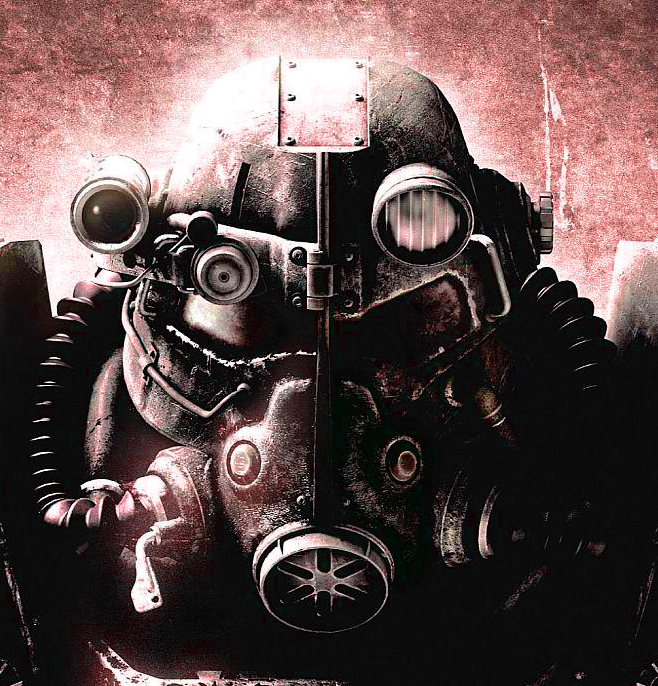For me is like my body can’t decide, sometimes I can, sometimes I wake up exhausted.
I recommend sleeping in a dark room. I’ve spent most of my life working nights and blocking out my windows is a necessity.
If you can sleep with ear plugs in that can help block out all the noise the day walkers make. I personally find them too annoying but other people have found success.
Blackout curtains help a lot from my experience. I have a hard time falling asleep and staying asleep to begin with and those make a big difference with or without an offset sleep schedule.
Melatonin can also help with sleep duration/quality but its also easy to become dependent on it to fall asleep so not ideal for long term.
Blackout curtains have been essential for me. Instead of earplugs, I prefer a noisy fan. Circulating the air is good and the constant white noise normalizes hearing stuff, so neighbors or traffic or whatever isn’t different enough to wake me.
My wife has a Bluetooth sleep mask, so she can play soothing stuff from headspace or YouTube or Spotify while keeping light out of her eyes. You can find it pretty cheap.
As we enter dry winter months, a small humidifier in the bedroom might also be a good idea.
It also helps to have a routine on how you wind down for bed so that your body and mind can ease into being ready to sleep even if the clock or the sun are telling you otherwise. Maybe do some light reading, wash your face, set out something for the next day (like your outfit), whatever you need and can repeat nightly.
I wear earplugs daily and nightly due to a sensory disorder and recently tried a new kind that’s by far the best from the many I’ve tried in terms of comfort. They’re also excellent in noise reduction.
I slept better for the 15 years I worked nights than I have since I switched back to working days. Never had a problem falling asleep, never used blackout blinds or anything like that just always found it easy to get in a good 8 hours.
When I wanted to switch my sleep schedule I would do what another commenter called a reset where I would basically just stay up for 24 hours, be over tired then go to sleep at a “normal” time so I could switch back to day time waking hours for a weekend. Then in reverse I would usually have a nap from 20:00 - 00:00 then wake up and stay up the rest of the night before going back to sleep at my usual work time to flip back the other way.
Same. When I was on 5 week offshore rotation I usually did the night shift. It’s quieter, fewer people around, and my arctic ass doesn’t like the equatorial sun. Beyond my lifelong affliction of inability to fall asleep in a timely manner (fixed by audio books), I slept better then than I’ve ever done since.
Yeh I miss the calm of the night so much, working alone with no idiots trying to talk to me about stuff I didn’t care about, the commute back home in the morning on my bike before most people were awake especially when it was just getting light. Even on my days off riding my bike around d town at 2am when it is a different place, so peaceful!
My mental health however is definitely better for not working nights. In the winter I’d often go weeks without ever seeing the sun which as much as I didn’t want to admit it at the time definitely negatively impacted my mental health.
Get a white noise generator app; I use TMSoft’s White Noise, which lets me put together my own mix. I generally make one with some pink noise (like white noise, but pitched differently and for me it does a better job screening background noise); then, because that’s just a straight sound which can get irritating after a while, I put in a rainstorm over the pink noise. Then I add in some thunder, which is useful in helping my sleeping brain ignore bass notes like garbage trucks and vacuum cleaners. That takes care of interrupting sounds, and also helps nudge my brain into sleep mode when I turn it on.
The other thing for me are both blackout curtains and a sleep mask. The sleep mask because the blackout curtains aren’t quite good enough; the blackout curtains because I have to take off the mask to pee during the day and don’t want to get assaulted by the sun.
Phone off silent, obs.
All these are great… I do all except the sleep mask regularly. And I use that sometimes.
Also, for times when I have insomnia - I do take a melatonin, I also will sometimes just sleep when I can, and if that means 2 hours now, up for a while, then sleep 5 hours, then that’s what I do. But I have a pretty flexible schedule overall.
I had to get a sleep mask because I can’t put up blackout curtains in my apartment. Works well enough for me. But also, I’m pretty sure I’ve got a mutation on my DEC2 gene, because I only sleep 4-5 hours a night (or day, technically) and feel just fine, so I’m not sure if that helps or hinders my abilities during my waking hours.
I worked 12 hour night shifts for a couple years. It was fine for me but falling asleep is sort of my superpower. You may want to get some blackout shades if your room gets to bright in the morning. Also, keeping your body on the night shift time on your days off can help with sleeping.
Yes, same for me.
I’ve been working nights for about 20 years and it was easier when I was younger. Now that I am in my early 40ies I find it more difficult to just go to bed and sleep.
Some weeks I can keep a steady schedule, sleep during the day and feel well rested, but other weeks I can’t get more than a few hours during the day and feel miserable when I work.
However it’s also changing with seasons and things I do during the weekend. I tend to sleep less in summer because of the heat and the light. Also I go camping during the weekends and have to sleep during the night, then switch back to day sleeping during the week. It’s much easier in winter because it’s always cold and dark and I just stay home.
So, it varies a lot for me.
I sleep better with lights, noise and distractions than without; without gives my brain time to think about things like elections, exactly how much time I have left to sleep before I have to get up for work, what troubles I’ll face at work the next day, etc. I slept so much better during the days than I do during night.
edit: For some reason my client decided to post this as I was in the middle of typing a sentence. Edited to actually finish the post.
As much as humanly possible, I try to put everything in my day during the 2pm-6pm but when I can’t, I do what I call “resets”. The day before I need to be awake during the day, I will stay up for about 16-20 hours and then go to bed around 2am. It’s essentially resetting my sleep schedule, so of course it occurs mostly during weekends. It’s an extremely unhealthy way to change sleep schedules and should be used sparingly, but it’s effectiveness can’t be beat.
I second light blocking curtains and I personally sleep with a fan to drown out noise. I also take melatonin about an hour before I lay down, I used to take ambien but I couldn’t handle the side effects anymore. I usually feel pretty well rested, at least enough for my shift.
Vitamin d helps with sleep. When I worked 3rds. If I didn’t take it… I would wake up after 4 hours…
Also do you might look into a sleep study. Could be that you’re snoring or clinching your jaw which is impacting your sleep.
I don’t work nights anymore, but back when I did, I had a lot of trouble falling asleep after work. After switching medications, I started dreaming again and that’s been a game changer. I wasn’t getting into REM sleep as often, if at all before, but now my nights are so much better.
I basically flipped my schedule when I worked nights. Went to bed at 9 or 10 am and woke up at 4 or 5 pm. I struggled on Wednesday when I wanted to stay “up late” until noon or 2pm and would then sleep until 10 pm.
Much happier back on days with a regular schedule. Though I do miss grocery shopping at 6am or getting to the trail at the crack of dawn since I was already up.
On work days I always get a good 7-8 hours, but if I’m not working I very rarely manage more than 3-4, it’s as if my brain feels like it’s wasting the day. I’m one of those people who can operate comfortably on very little sleep. I use a sleep cycle alarm that is supposed to wake me when it senses I’m only sleeping lightly or something, no idea if any of that stuff’s real/helpful but it can’t hurt. I also maintain a healthy weight (I used to be overweight) which keeps pressure off my neck and reduces snoring & breathing interruptions, that definitely helps with feeling rested.
Once in a blue moon my body decides to sleep about 9 hours longer than planned to catch up on missed sleep, but I either rarely feel particularly tired or I’ve been doing this long enough that I don’t remember what being properly awake felt like 🤷♂️
I’m unresponsive to blue light, so I can sleep anytime
If you’re having trouble getting a restful sleep, try segmented sleeping.





